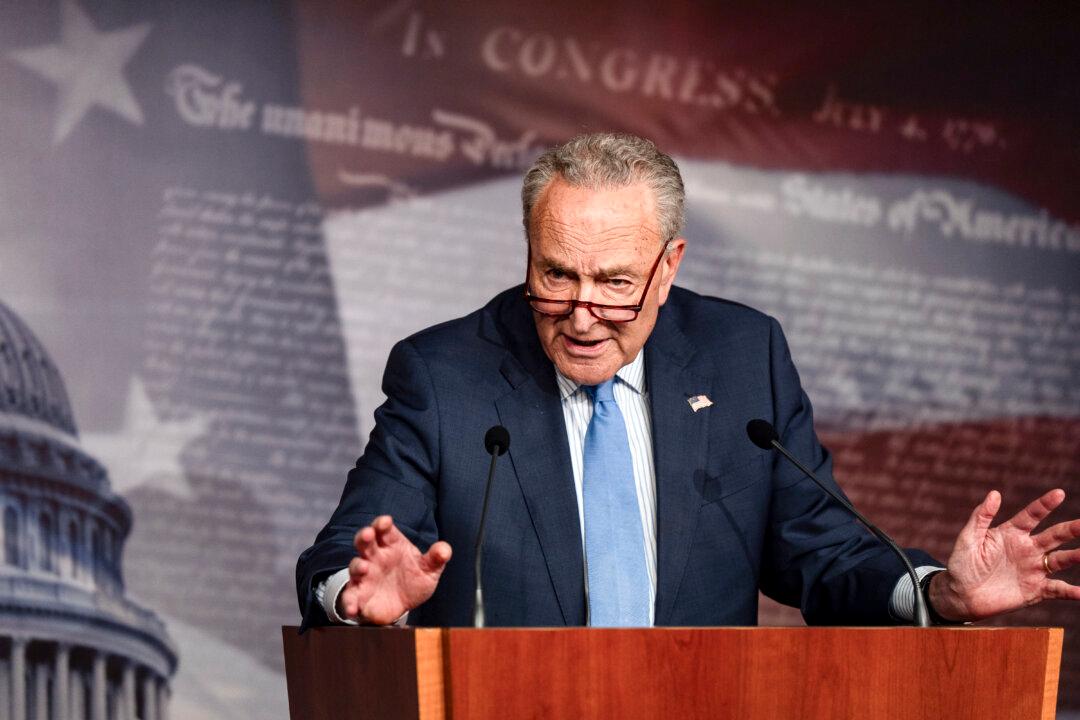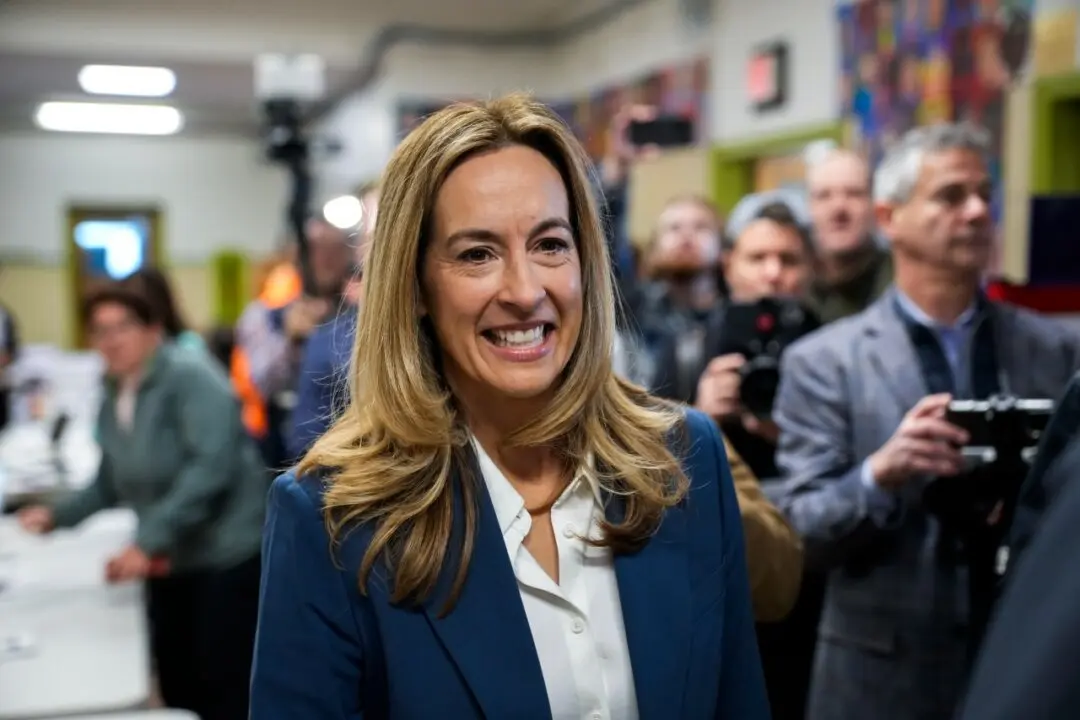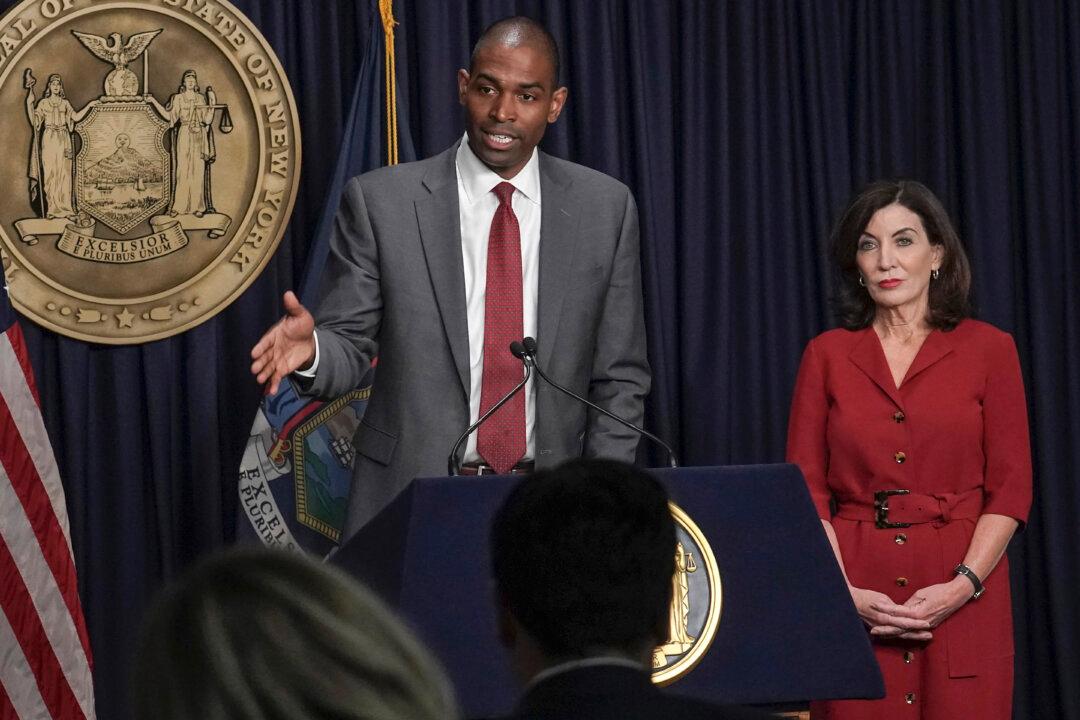The U.S. Senate failed on Aug. 1 to advance a bipartisan deal to expand the Child Tax Credit after most Republicans voted against it.
The Tax Relief for Working Families and Americans Act was unveiled in January by Senate Finance Committee Chairman Ron Wyden (D-Ore.) and House Ways and Means Committee Chairman Jason Smith (R-Mo.) as a compromise bill to expand the Child Tax Credit. The bill would make the $2,000 credit fully refundable by 2025, adjust it for inflation, and allow parents to claim separate credits for each child, as opposed to a single credit regardless of the number of children.





